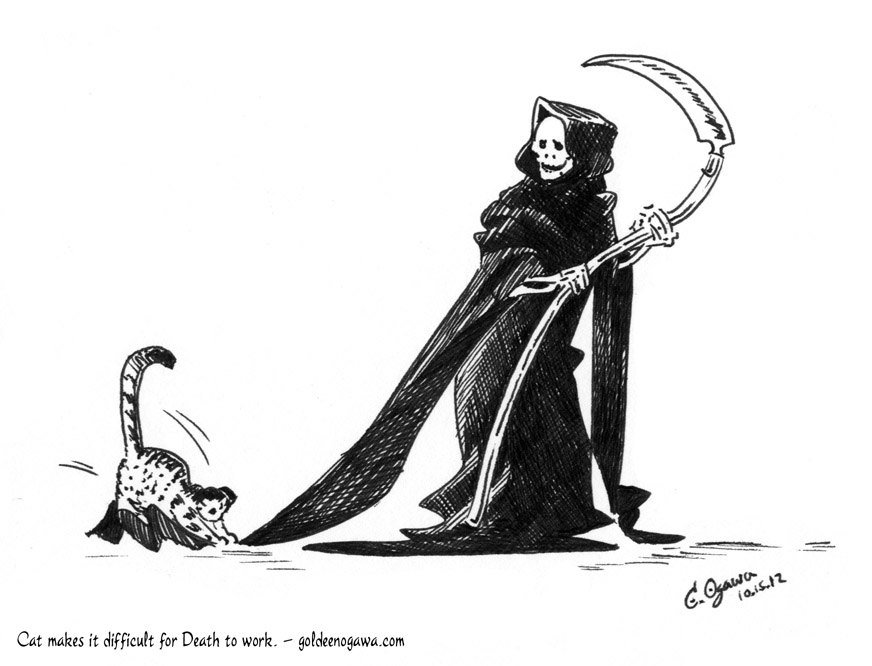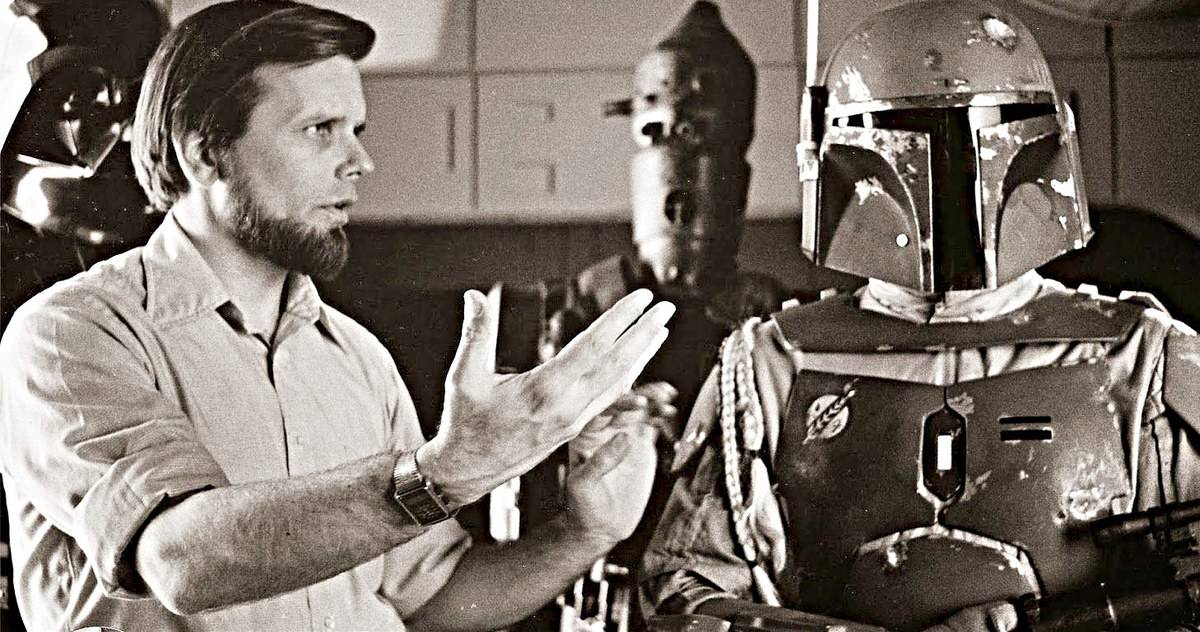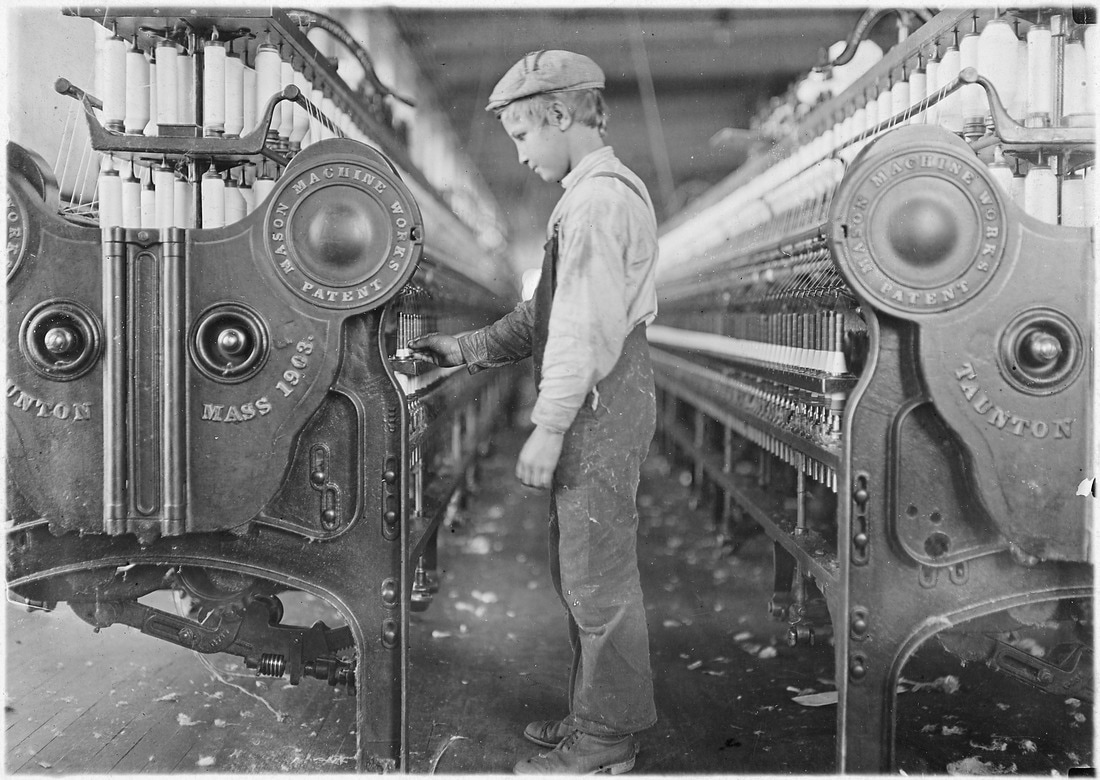I don't understand what I'm looking at when I see all the tubes attached to a patient. Sometimes there's wires coming out of their head. In fact while I was training in ICU an HSA (Hospital Service Assistant - otherwise formerly known as an orderly) pointed to a frail copper wire running out of a patient's head and off somewhere to a machine, claiming that, "...if you knock that, and it comes out, they die." It certainly gave me pause for thought, as we were about to 'roll' the patient.
The patients in the intensive care unit often are heavily sedated or in comas, they don't move. That's bad. Because human tissue, when constantly subjected to the linen on a bed, can get badly damaged and develop into bed sores. While in training we were treated to a Powerpoint that illustrated the journey of a bed sore and wow. I know in 70s people would create a similar looking thing involving a loaf of bread with the middle cut out and the centre filled with dip.
While patients are turned nurses carefully examine their backs and buttocks for any tell tale signs that abrasions are beginning to occur. The way we do the turn is to begin by performing a roll. This is done strictly under the guidance of the nurse, who will count us in so we can perform the task in unison. If I'm to take the upper torso I will place my right hand under their should (when they're on their back) and my left hand slightly above their waist and then draw them over. If I am taking the legs, it's a lot simpler, I take them just above their knee and draw their knee over the other knee, which causes the body to turn pretty easily. The only drawback with this position is if there is a code brown. As the title suggests, it's an allusion. This can be astonishing. Everything seems orderly and calm. You roll and then a wave of super aged parmesan headbutts your olfactory. Every so often I have seen a nurse flinch at what gets discovered. I'm think of doing a blog entry about the many occasions of liquid shit.
We are required to take patients down for CT Scans or MRis, and this is a pretty big deal. We assist a little with the prep but nurses, anaesthetists and sometimes doctors do the serious stuff (namely in an effort to safeguard against every possible scenarios where things might go wrong) if the patient is intubated (tube in the neck or own the throat) two Orderlies are required, the bed is in neutral (ICU beds have a drive motor so they can be driven pretty effortlessly), one takes the head of the bed and the other walks backward guiding the heavily weighted bed that has a huge tray carrying a variety of heavy devices like monitors and suction. The whole thing is a bit of a show stopper when we move through the hospital.
Today, like every other day we proceeded to the lifts. Three nurses, the anaesthetist and the other orderly were crammed in beside the patient while I stood at the head of the bed as I was driving the thing. I'm not entirely sure what happened, but we entered the lift on the fourth floor with the aim of travelling to the ground floor. We got as far as the first floor and suddenly found we were heading back up to the fifth floor.
In the course of this we jibed the orderly for pushing the wrong button, made light of the situation and generally prepared ourselves for the chaos of when the doors opened as we had to move quickly to our destination. Suddenly the lift jolted to a violent stop, causing the bed to launch ever so slightly off the ground. The tray with all the equipment bounced, threatening to catapult everything heavy onto the patient. Everyone made an involuntary noise. I think mine was 'whoa'. And then, silence. The orderly declared into the silence that the lift was stuck, however this wasn't normal 'stuck'. Every Wednesday they do some sort of power grid reset in the hospital and the lifts are known to go dark, stop, but then resume. This occasion, our alarmed acquaintance pointed out, was very different. He pressed the emergency button. An alarm sounded. Over and over. Eventually we heard what we thought was a voice. The orderly calmly explained that this was an emergency, that we had a patient from the intensive care unit trapped in the lift and we urgently required assistance. The voice, very faintly said something again. This time we worked out that the voice couldn't understand what we were saying. Complicated by the fact we could not understand what she was saying. Eventually the nurse had a crack at calling out. Silence. Followed by the crushing question: what is the nature of your call. Very loudly I asserted as simply as possible the situation. She finally understood.
The nurse ascertained the amount of oxygen we had for the patient and a bunch of other stuff that the anaesthetist had in enormous syringes. We really didn't have much to worry about. Although I actually didn't have a clue what was up with the patient and I quietly figured that being stuck in a lift under the circumstances wasn't ideal. Meanwhile the other nurse managed to pry the door open whereupon we learnt that we were roughly a foot off the ground floor. We could get out but any attempt to drive the patient out of the lift would definitely put us on the front page of a number of national newspapers. People stopped and chatted with us. Made the odd joke. In fact one orderly walked past, spotted me and said: "Of course". The nurse fought the door bravely for a while but ultimately the lift won and slowly swallowed us all up again.
After ten minutes had passed, in the confined stuffiness the speaker came alive again. The person asked: are you still there? Incredulously we replied that we absolutely were. She seemed surprised that we hadn't just left and that the word 'trapped' may in fact mean, 'had briefly paused'. We also discovered that she had actually done nothing about the situation. Off she went again.
More minutes passed.
Finally she came back to explain that she hadn't been able to contact anyone. At this point the nurse got the number for the senior engineer from one of the nurses who had come to our aid, whom she phoned, and who explained that no one had contacted him.
More time passed. We had hit the twenty minute mark. The patient was assessed, notes were taken. Everyone remained calm. Suddenly the door flew open, like, WRENCHED. It was Julian with bright orange gloves. There is too much to say about Julian and I don't want to digress, other than to say that there are very few people in this life that are heroes to me; but Julian is a hero and I admire him greatly. So the doors fly open. The heavy lift doors. No warning just CRUNCH. And Julian is standing there checking everyone is okay. Then he's gone. But the doors stay open.
The site engineer appears. It's hit thirty minutes. He wears disappointment on his face and upon recalling all of this I remember being struck by his expression. Did we all have to be in the lift, he asked? The nurse went through each person's role. Yes. We were all required. Disappointment. The engineer explains that they'd reset the system three times to no avail and so the lift company has been contacted. Everyone groans at the very real prospect that this is going to take a long time. We now needed to contemplate the very real prospect that we were going to have to get the patient out of the lift another way. I quietly suggest to the other orderly that maybe there's a ramp or something someone can find onsite - I mean, we've got plenty of time to send people out to find out. Or even hastily construct one. That was a joke, that last bit, but he had told me to be quiet, giving me the sense that he thought what I was saying was absurd.
Julian then appeared with a ramp.
A ramp. Aluminium. Absurdly big. It looked like a styrofoam prop. Let me assure everyone, it was not.
He placed it on the ground before the lift. It's a little too high. But then Julian stands on it and it is actually the perfect fit. I wonder about the line of people in wheelchairs starting to form outside in the rain, wondering where their ramp got to.
Then he tells us to put the bed in neutral and (with the help of him and another awesome Orderly who, I owe for saving my bacon on another occasion) push the bed out of the lift.
It works perfectly.
We sail past the engineer. I can't read the expression on the engineer's face. I thought he would be cheered, happy that tragedy had been avoided. But he looked as though he thought we were all naughty. It looks like disappointment. Like, we wasted his time. Although he always had that expression. Right from the get go he looked disappointed.






